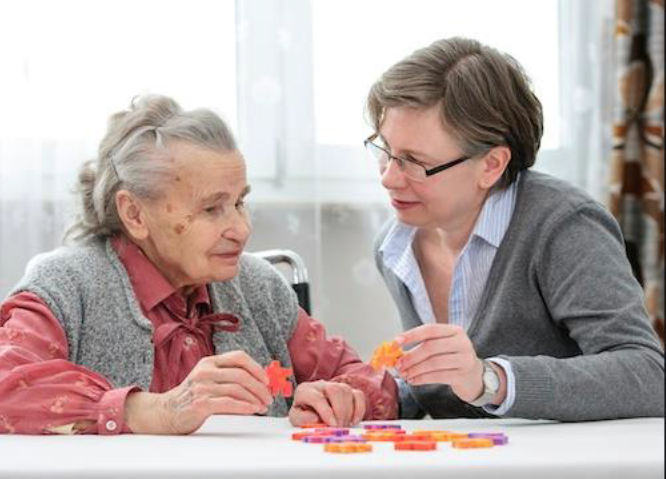COMPANİONSHİP
According to a report by Age UK3, more than a million elderly people describe themselves as
being lonely. With research indicating that loneliness can be a crucial factor in developing
Alzheimer’s disease - apparently, older people who report that they experience severe
loneliness are twice as likely to develop the condition - it’s clear that this is a problem which
urgently needs to be addressed.
“Our society has changed dramatically over the past few decades, and families no longer spend
as much time together as they used to. The global society has made it easier than ever to
communicate with people on the other side of the world, but we tend to forget about the older
generation, many of whom are unfamiliar with digital technology.
Yet as people age, their social networks often fall apart, leaving them alone, with only their
television, radio and pets to keep them company. A fear of falling over may prevent them from
getting out and about on their own, and if they are unable to drive, they can quickly start to
feel as though they are prisoners in their own home.”4
Having someone to talk to, and interact with, can literally make a lonely older person’s day.
Knowing that someone is coming to spend time with them acts as a powerful motivator to get
up, bathe and get dressed in clean clothes.
Companion care can be arranged according to client’s needs. Perhaps they need someone to
call in a couple of times a week, spend time chatting over a cup of coffee or maybe accompany
them on occasional outgoings or shopping trips.



